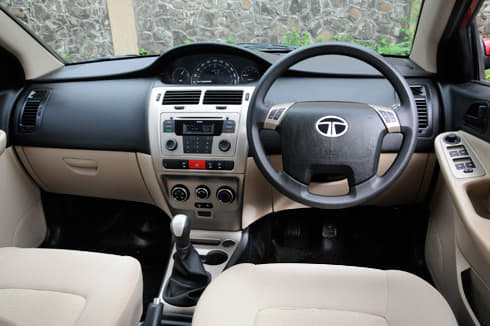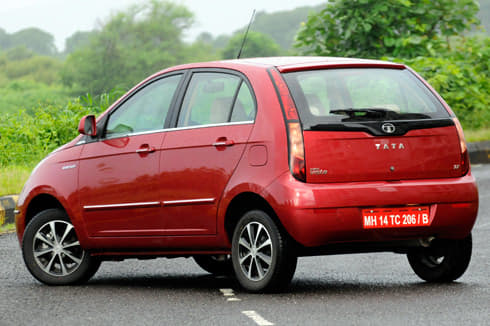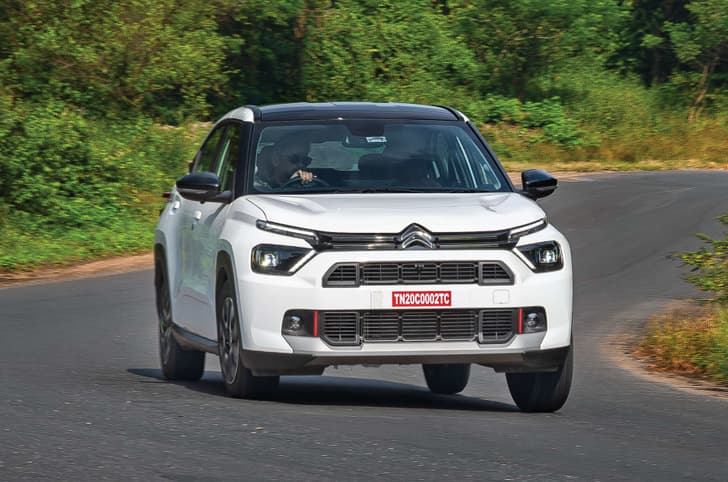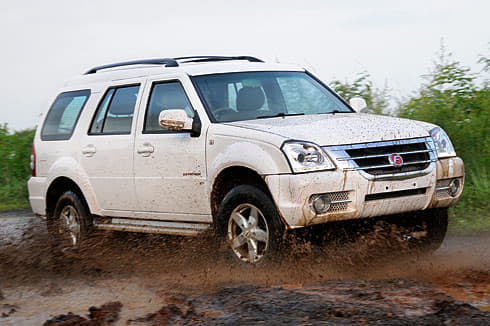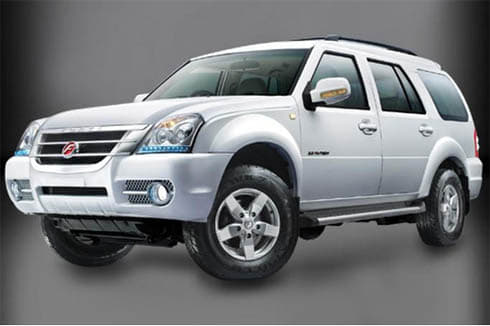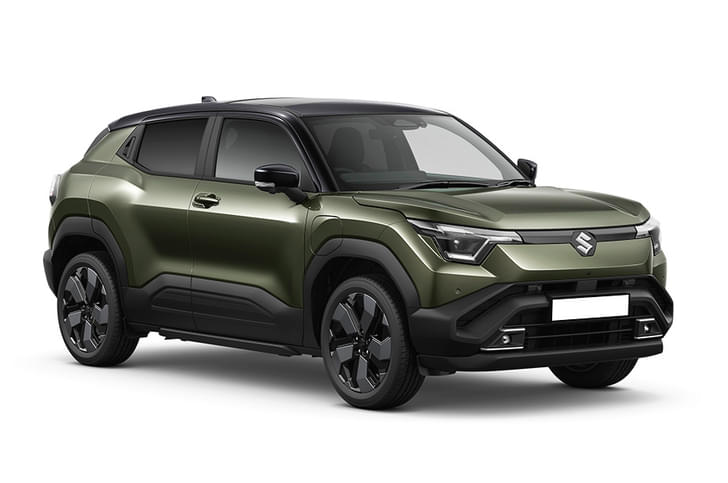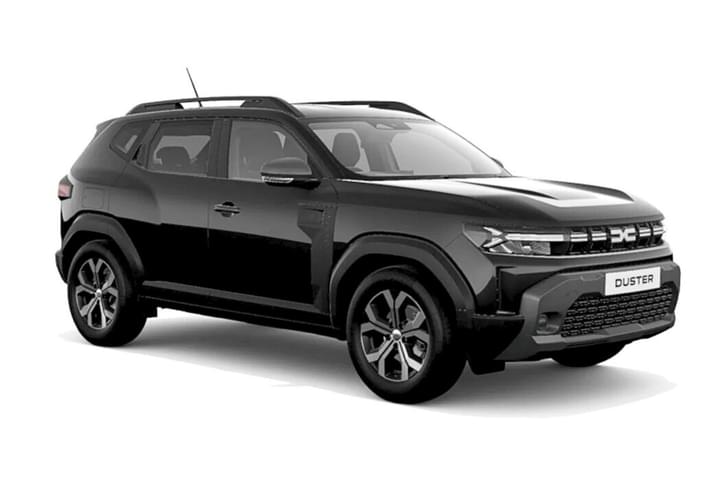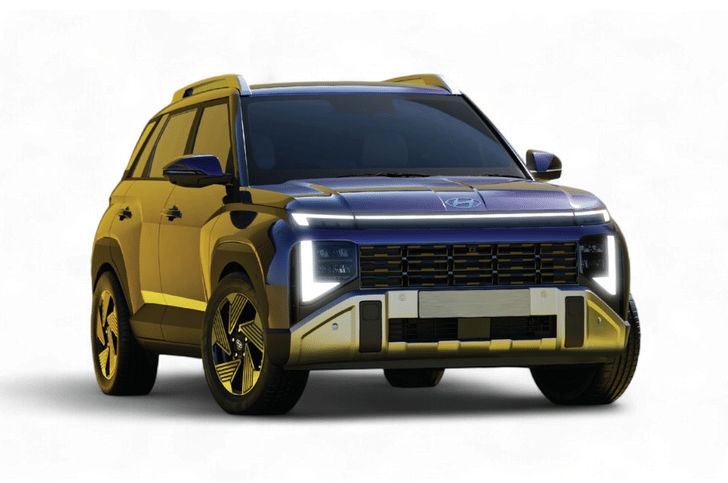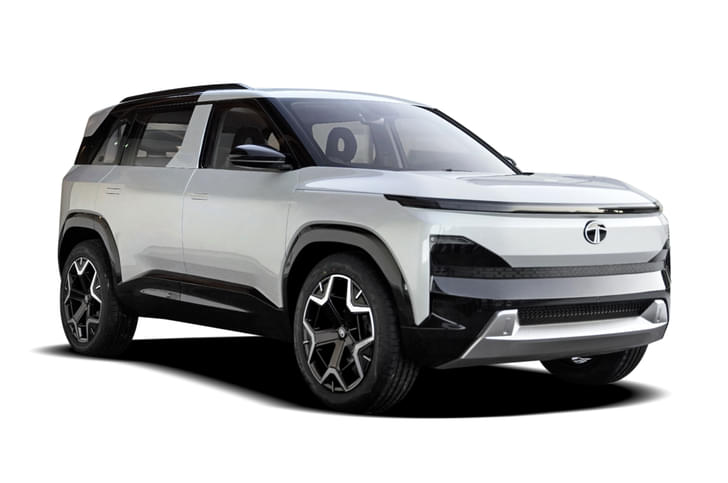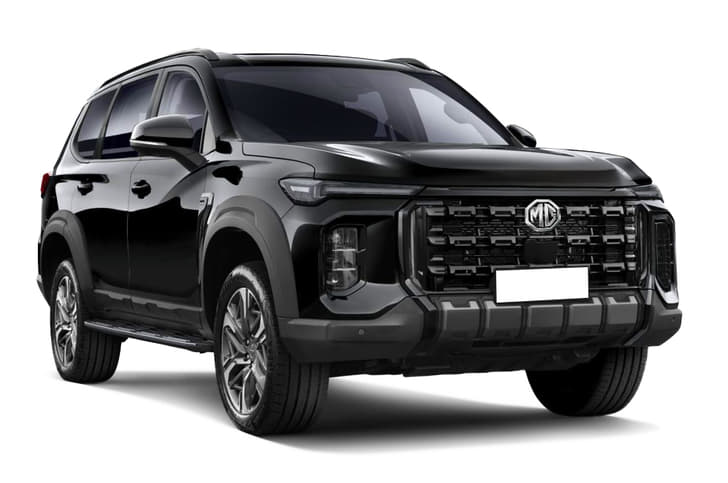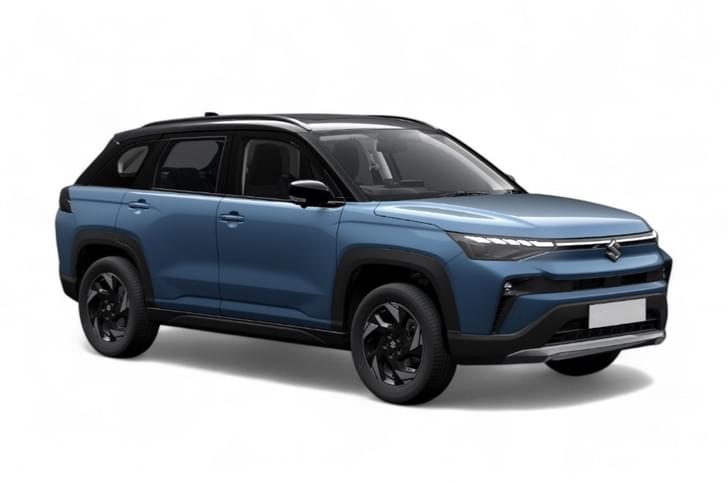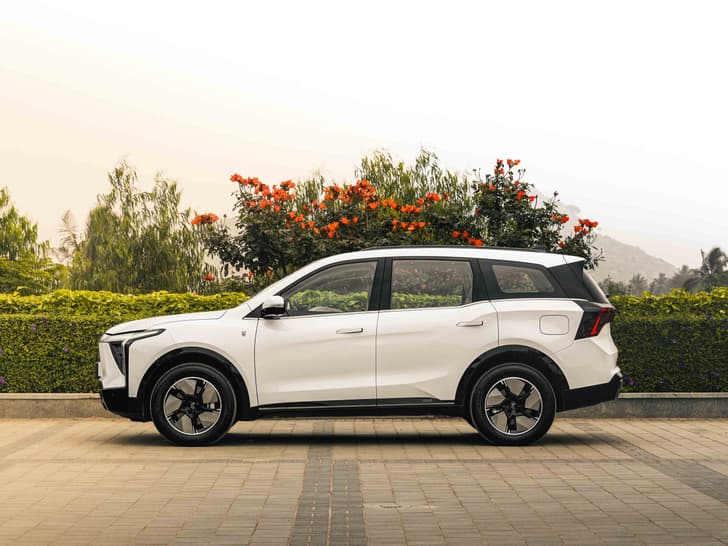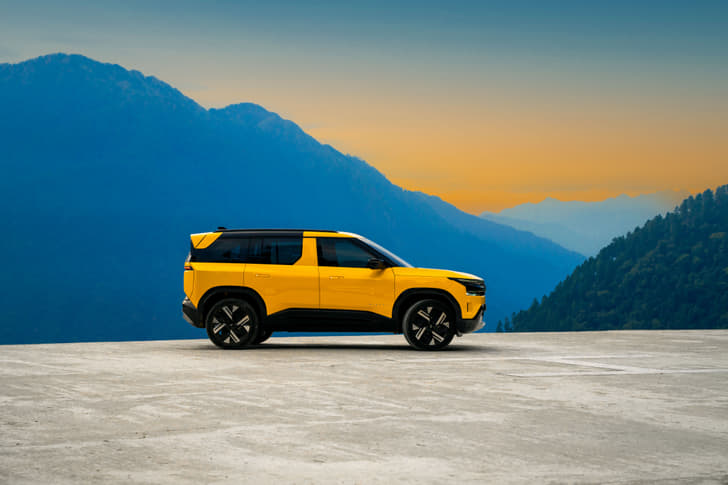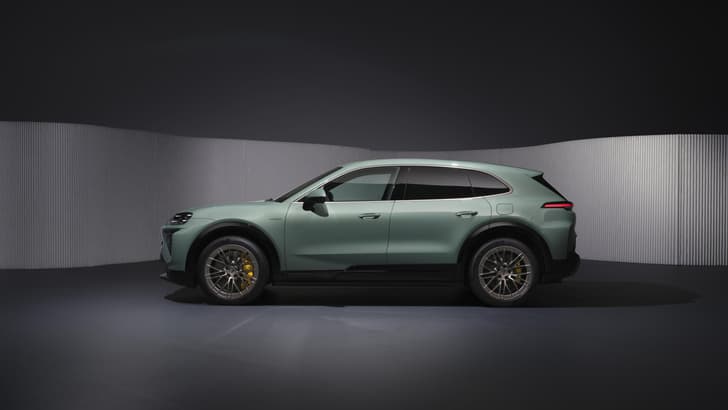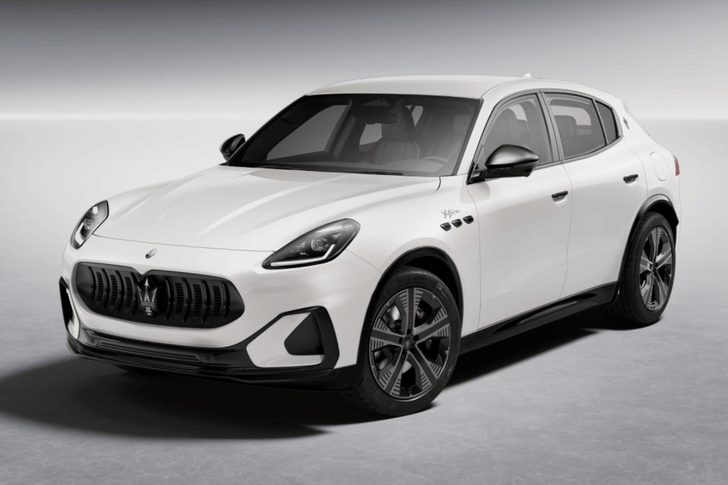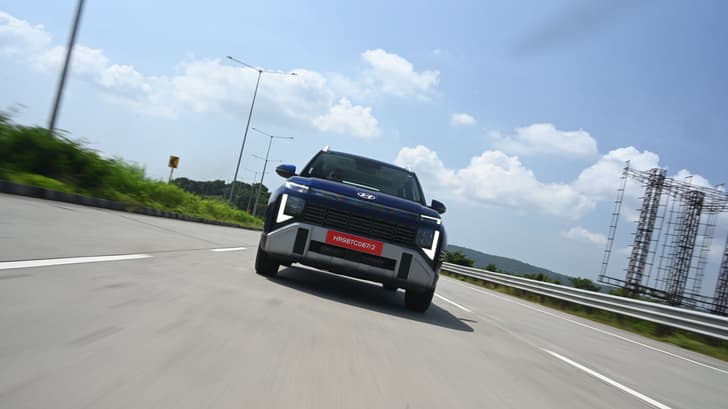The Indica Vista gets its first major face-lift in three years which Tata Motors hopes will make it a more effective challenger in the increasingly crowded and competitive premium hatchback segment. Re-acquainting ourselves with the Vista reminded us of its special suite of strengths and how underrated it sometimes is in the company of foreign brands.
But let’s take a look at what’s new first. Predictably, Tata has grafted the nose of the Manza onto the Vista; so when viewed head-on, it looks like its bigger sibling. The chrome grille and large, triple-barrel headlamps give it a more upmarket look.
The changes at the rear, however, are very subtle and the only difference is the addition of plastic cladding below the rear windscreen which looks quite nice but it’s easy to miss, and lightly smoked tail-lamps. There’s not much change to the interiors either but the fit and finish is now much better, the two-tone scheme looks nice, panel gaps have been tightened and the soft-touch surfaces on the dashboard are especially good. The steering wheel now gets wheel-mounted audio controls too.
Another useful item added to the feature list is power mirrors but they continue to be a touch too small. The music system is from the Manza but the buttons on it feel a bit flimsy and lack a tactile feel. Also, bits like the air-con controls, power window switches and seat height are still not upto scratch. But to give Tata credit, the Vista’s interior ambience is very acceptable and better than say the Liva.
Where this car excels is in space and comfort. Thanks to the seat height and steering adjust, finding an ideal driving position is easy. The front seats are large and back and thigh support is good too. There is plenty of space for tall passengers but ergonomics could be a bit better. The rear seats are superbly comfortable and, though the back seat is not as spacious as the Liva’s, it is way roomier than others in the class. As the seats are placed at a good height, under-thigh support is spot-on and back support is good too.
The face-lifted Vista uses the same 1.3 Quadrajet engine from the old car and even the power and torque output at 74bhp and 19.37kgm respectively are the same. Where Tata has made a change is in the clutch pedal feel. The clutch now feels more progressive and easy to modulate in traffic. This makes the Vista easier to drive on daily city commutes and the gearshifts are slicker too now. The turbocharged engine is responsive and tractable in stop-and-go traffic.
The Vista is a good highway cruiser too and overtaking slower-moving cars is relatively easy. Zero-100kph from takes 16.4sec and top speed is a decent 151kph. The Indica Vista retains the same MacPherson strut front and non-independent rear suspension layout. It shows great composure while dealing with our potholed and rutted roads. One area of improvement is the brakes which feel a lot better, thanks to a larger 10-inch brake servo that’s been introduced.
The steering has better feel too, thanks to tweaks to the hydraulic valves in the power steering system. However, it still lacks the precision and consistency to provide entertaining handling. Also, the steering is a bit too light on the highway and the overall dynamics are still some way off the class benchmark set by European rivals.
Still, the Vista is a lot of car for not much money. Prices start from Rs 3.88 lakh (ex-showroom, Delhi) for the base 1.2-litre petrol and the diesel range starts from Rs 4.79 lakh, which translates to a minuscule increase in price from the old car. The Vista has stayed true to Tata’s more car per car promise.
But let’s take a look at what’s new first. Predictably, Tata has grafted the nose of the Manza onto the Vista; so when viewed head-on, it looks like its bigger sibling. The chrome grille and large, triple-barrel headlamps give it a more upmarket look.
The changes at the rear, however, are very subtle and the only difference is the addition of plastic cladding below the rear windscreen which looks quite nice but it’s easy to miss, and lightly smoked tail-lamps. There’s not much change to the interiors either but the fit and finish is now much better, the two-tone scheme looks nice, panel gaps have been tightened and the soft-touch surfaces on the dashboard are especially good. The steering wheel now gets wheel-mounted audio controls too.
Another useful item added to the feature list is power mirrors but they continue to be a touch too small. The music system is from the Manza but the buttons on it feel a bit flimsy and lack a tactile feel. Also, bits like the air-con controls, power window switches and seat height are still not upto scratch. But to give Tata credit, the Vista’s interior ambience is very acceptable and better than say the Liva.
Where this car excels is in space and comfort. Thanks to the seat height and steering adjust, finding an ideal driving position is easy. The front seats are large and back and thigh support is good too. There is plenty of space for tall passengers but ergonomics could be a bit better. The rear seats are superbly comfortable and, though the back seat is not as spacious as the Liva’s, it is way roomier than others in the class. As the seats are placed at a good height, under-thigh support is spot-on and back support is good too.
The face-lifted Vista uses the same 1.3 Quadrajet engine from the old car and even the power and torque output at 74bhp and 19.37kgm respectively are the same. Where Tata has made a change is in the clutch pedal feel. The clutch now feels more progressive and easy to modulate in traffic. This makes the Vista easier to drive on daily city commutes and the gearshifts are slicker too now. The turbocharged engine is responsive and tractable in stop-and-go traffic.
The Vista is a good highway cruiser too and overtaking slower-moving cars is relatively easy. Zero-100kph from takes 16.4sec and top speed is a decent 151kph. The Indica Vista retains the same MacPherson strut front and non-independent rear suspension layout. It shows great composure while dealing with our potholed and rutted roads. One area of improvement is the brakes which feel a lot better, thanks to a larger 10-inch brake servo that’s been introduced.
The steering has better feel too, thanks to tweaks to the hydraulic valves in the power steering system. However, it still lacks the precision and consistency to provide entertaining handling. Also, the steering is a bit too light on the highway and the overall dynamics are still some way off the class benchmark set by European rivals.
Still, the Vista is a lot of car for not much money. Prices start from Rs 3.88 lakh (ex-showroom, Delhi) for the base 1.2-litre petrol and the diesel range starts from Rs 4.79 lakh, which translates to a minuscule increase in price from the old car. The Vista has stayed true to Tata’s more car per car promise.


